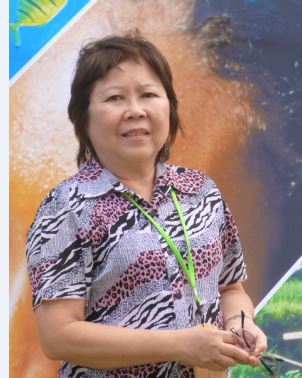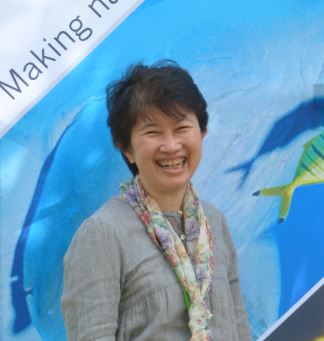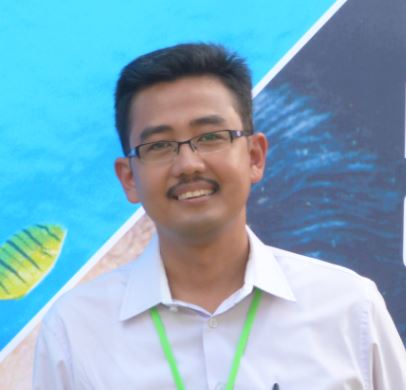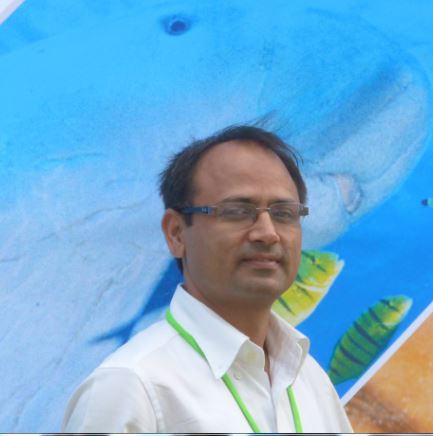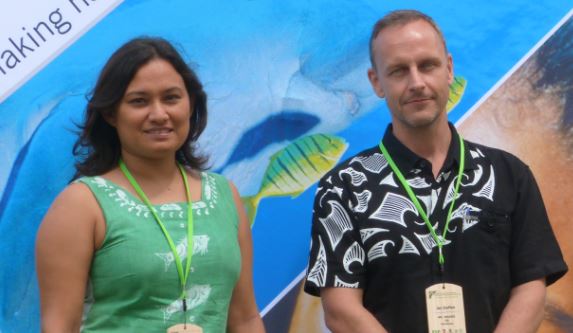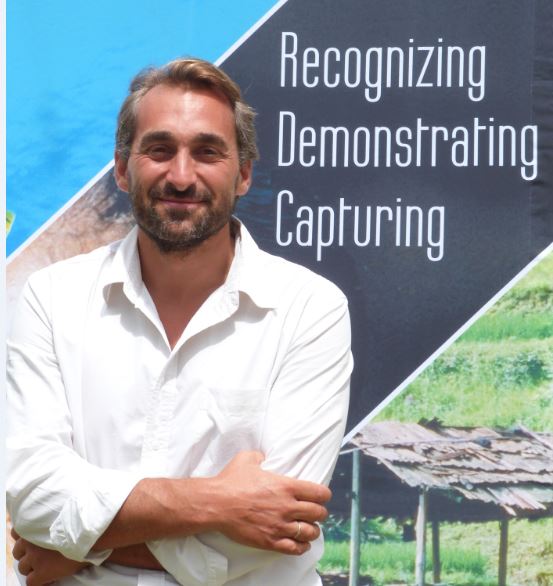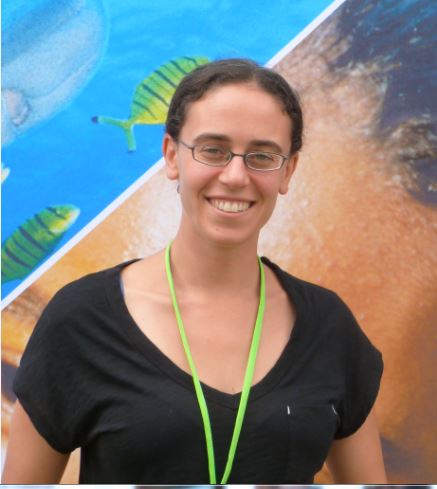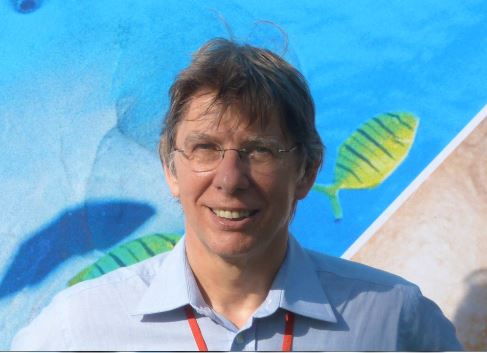- TEEB
- TEEBAgriFood
- Natural Capital Accounting
- TEEB Country Studies
- TEEB Water & Wetlands
- Other publications
- TEEB Case Studies (2009-2013)
- TEEB: Challenges and Responses (2014)
- Natural Capital Accounting and Water Quality: Commitments, Benefits, Needs and Progress – A Briefing Note (2013)
- TEEB Valuation Database Manual (2013)
- Nature and its Role in the Transition to a Green Economy (2012)
- Implementation Guide for Aichi Target 2: A TEEB Perspective (2012)
- Implementation Guide for Aichi Target 3: A TEEB Perspective (2012)
- Implementation Guide for Aichi Target 11: A TEEB Perspective (2012)
- Why Value the Oceans? A Discussion Paper (2012)
- TEEB Manual for Cities: Ecosystem Services in Urban Management (2011)
- TEEB for Business – Executive Summary 2010
- TEEB Climate Issues Update (2009)
- TEEB Interim Report (2008)
The first TEEB training workshop on “Mainstreaming the values of water and wetlands into decision-making” was held 31 August 2013, in Bali Indonesia, organized as part of the 6th Annual International Ecosystem Services Partnership (ESP) conference. The workshop was attended by 26 participants, each interested in the broad field of ecosystem services and keen to share knowledge on how to mainstream these values in the decision-making process.
The Workshop funded thanks to the generous support of the government of Norway, drew from the findings and recommendations of the recently launched “TEEB for Water and Wetlands” Report, and the results of a training needs assessment survey distributed at the Kigali Forum for Wetlands.
A number of participants shared their experience with using the TEEB findings and approach in their own projects.
|
Marlynn Mendoza, Protected Areas and Wildlife Bureau of the Department of Environment and Natural Resources, Philippines. "TEEB and the ecosystem approach can contribute to the wise use of wetlands by encouraging a review of existing policies that have an |
|
|
Nirawan Pipitsombat,Office of Natural Resources and Environmental Policy and Planning of the Ministry of Natural Resources and Environment,Thailand.
|
|
|
Danial Lee bin Abdullah, Conservation and Environment Management Division of the Ministry of Natural Resources and "The ecosystem service approach will allow biodiversity and ecosystem |
|
|
Maheshwar Dhakal, Department of National Parks and Wildlife Conservation in the Ministry of Forest and Soil Conservation in Nepal. "The income generated from PES schemes can be used for improving the |
|
|
Sangeeta Mangubhai from IUCN and Jan Steffen from GIZ. "MACBIO will use the TEEB approach to undertake economic valuations of |
|
|
Nicolas Pascal, from the Insular Research Centre and Environment Observatory, is an environmental economist working on the economic valuation of Jeannette Kawas National Park in Honduras. "Economic valuation is important for finding financing sources that fit the |
|
|
Keren Klass, programme coordinator for Israel's National Ecosystem Assessment (I-NEA, or Hamaarag).
|
|
|
Bernd Hansjuergens, from the Helmholtz Centre for Environmental Research (UFZ), Germany "One of our main goals is raising awareness, especially for those who are not familiar with nature conservation and who do not take nature into account when making decisions." |
|
|
Dr. Dolf de Groot, Associate Professor in Integrated Ecosystem Assessment & Management with the Environmental Systems Analysis Group of Wageningen University, the Netherlands and chair of the ES Partnership. "A big 'added value' of the TEEB involvement is the authority of its publications which are carefully edited and supported by a globally |
|
|
Norman Emmanuel Ramirez, from the ASEAN Centre for Biodiversity.
|

